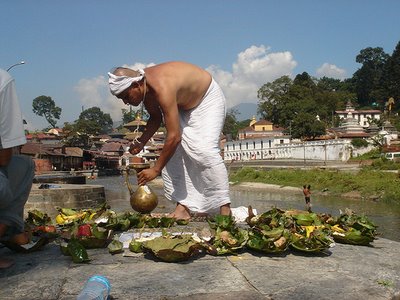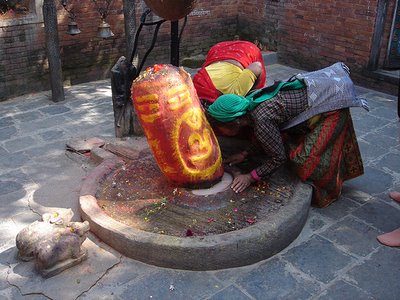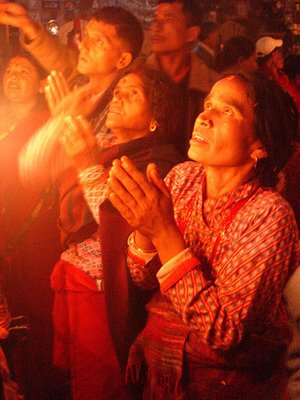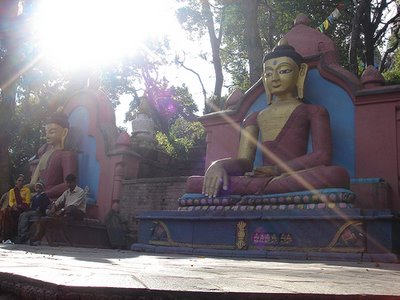In Dailekh, Nepal
I'm not saying I have an answer. Just putting it out there.
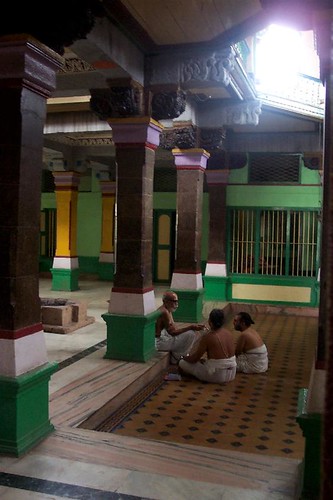
Brahmin priests in Dailekh have padlocked temples of the district to protest a recent verdict of the district court.
...(a) court verdict three months ago imprisoned a Brahmin priest on the charge of untouchability.
On April 12, the court sentenced Dipak Upadhyay... for refusing to tie Raksha Bandhan (holy thread tied around the wrist on Janaipurnima day) to a dalit local.
...Claiming they have the right to perform religious rituals as per their wish, the Brahmin priests padlocked a dozen temples...
District chairman of Hindu Vedic Sanatan Parishad (HVSP), Tilak Rijal, said the priests did not need to perform religious rituals for all the people.
"Practicing untouchability" - that is, discriminating against those traditionally considered of lower Hindu castes - has been made a crime in India and Nepal, though in remote areas such behaviour largely goes unpunished, and many old ways are still observed.So, is this religious freedom, or racism? Or, at the very least, illegal discrimination? Should the courts be able to tell houses of worship whom they must accomodate? How would we feel if it were a White Supremacist church (they do exist) refusing admission to someone of another race? Is that even a valid analogy? Many Hindu temples specify "Hindus Only"; however, the Dalits themselves are Hindus. Does this mean they have to admit all Hindus regardless of caste?
And if there is a tradition of excluding certain Hindus, how much does the tradition matter? That is, is it beyond the law ?
Just asking questions.
Related reading:
